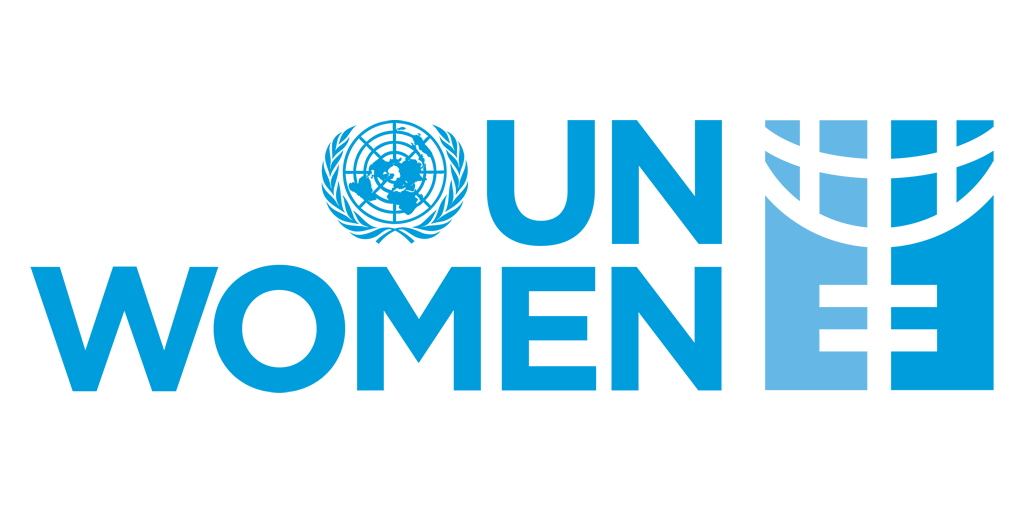Egypt jumps to 9th in global FDI rankings as Africa sees rebound
Egypt’s foreign direct investment (FDI) surged in 2024, making it the ninth-largest recipient globally and the main driver of a rebound in investment across Africa, according to a UN report launched in Cairo on Thursday.
The World Investment Report 2025 from UN Trade and Development (UNCTAD) showed that Egypt’s performance contrasted with a second consecutive annual decline in global FDI when excluding volatile financial flows. The global outlook for 2025 remains negative amid heightened investor uncertainty.
FDI inflows to Africa rebounded by 75% in 2024 to $97bn, largely due to flows into Egypt. This increased the continent’s share of global FDI to 6% from 4% the previous year, and its share of developing-country inflows to 11% from 6%. Egypt was identified as the primary driver of this turnaround, with a mega-project in urban development at Ras El-Hekma being a significant contributor.
Globally, FDI rose 4% in 2024 to $1.5 trillion, but UNCTAD noted this headline figure was inflated by volatile flows through conduit economies. When these are excluded, global FDI registered an 11% decline.
The report also found that investment in sectors related to the Sustainable Development Goals (SDGs) in developing countries fell by 25–33% across infrastructure, renewable energy, water and sanitation, and agrifood systems. Only the health sector saw growth, though from a small base.
“This year’s findings call for renewed efforts to mobilize private investment for sustainable development, especially in economies facing structural constraints,” said Richard Bolwijn, Director of UNCTAD’s Investment Research Branch.
While Africa experienced an overall FDI rebound, the report detailed a mixed picture across the continent. Announced greenfield projects fell in both number, by 5%, and value, by 37%, in most countries. Cross-border mergers and acquisitions turned negative, resulting in net divestments of $1.5bn compared with net investments of $9.5bn in 2023.
However, announced international project-finance deals in Africa increased in value by 15%, boosted by a megaproject in Egypt, even as the number of such deals dipped by 3%.
In Egypt, which jumped from 32nd to 9th place among global FDI recipients, project-finance commitments doubled, supported by large-scale investments in energy and transport infrastructure. The country also defied the continent-wide decline in announced greenfield projects. The report identified North Africa, led by Egypt, as the main growth engine for FDI on the continent.
The findings were presented at an event hosted by the Government of Egypt to mark the report’s launch.
“In a year marked by shifting global investment patterns, Egypt’s consistent presence on the investment landscape, as captured in the World Investment Report, comes as we double down on an ambitious reform agenda that places industrial production, exports, and foreign direct investment at the heart of our economic development model,” said Dr Rania Al-Mashat, Egypt’s Minister of Planning, Economic Development & International Cooperation. “Our focus remains clear: unleashing private sector potential through structural reforms that foster quality growth and resilience by driving job creation, boosting productivity and increasing value-added.”
Eng Hassan Elkhatib, Minister of Investment and Foreign Trade, added: “Egypt is writing a new investment narrative, coupling deep structural reforms and clear, predictable policies with a competitive, transparent business climate and a dynamic private sector. This vision reinforces Egypt’s growing role in the regional and global investment landscape, transforming the country into a hub of opportunity and connectivity.”
The report also examined policy trends, finding that the number of investment policy measures reached its second-highest level on record in 2024, at 174. Of these, 78% were favourable to investors, although many were shaped by geopolitical and industrial-policy objectives.
In the digital economy, the report noted that investment is expanding rapidly but remains highly concentrated, with data centres and fintech attracting most of the flows and leaving significant regional gaps.
The launch event in Cairo included a technical briefing on the report’s findings and a discussion with representatives from the private sector, international organisations and academia.










